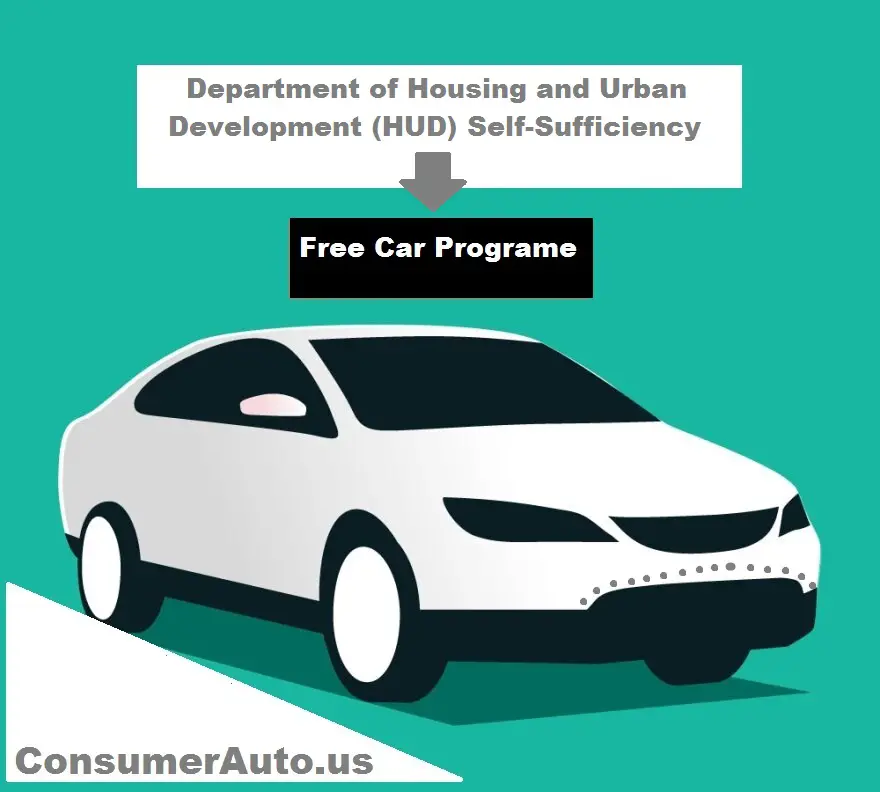Department of Housing and Urban Development (HUD) Self-Sufficiency Program
The Department of Housing and Urban Development (HUD) Self-Sufficiency Program (FSS) is a federal program that helps low-income families increase their earned income and reduce their reliance on government assistance. The program provides grants to public housing authorities (PHAs) and private nonprofit organizations to help them develop and implement self-sufficiency strategies for their residents.
How the FSS Program Works
The FSS Program works by providing participants with a variety of services and resources, such as:
- Job training and placement assistance
- Childcare assistance
- Financial counseling
- Transportation assistance
- Healthcare assistance
- Housing counseling
- Life skills training
Participants in the FSS Program also work with a case manager to develop an individual plan for achieving self-sufficiency. This plan typically includes goals for increasing income, reducing expenses, and building assets.
Benefits of the FSS Program
The FSS Program can provide a number of benefits to participants, including:
- Increased income
- Reduced reliance on government assistance
- Improved financial literacy
- Increased self-confidence
- Improved job skills
- Stronger family relationships
- Improved health
- Greater community involvement
Eligibility Requirements
To be eligible for the FSS Program, participants must:
- Be receiving housing assistance from HUD
- Have a household income below 50% of the area median income
- Be willing to work with a case manager to develop an individual plan for self-sufficiency
How to Apply for the FSS Program
To apply for the FSS Program, participants should contact their local PHA or private nonprofit organization that administers the program. The PHA or organization will provide information about the program and how to apply.
Key Benefits of the HUD Self-Sufficiency Program
1. Affordable Housing Stability
One of the primary advantages of the HUD Self-Sufficiency Program is the provision of stable and affordable housing. Participants are offered subsidized housing, which allows them to allocate their financial resources to other essential needs such as education, healthcare, and savings.
2. Individualized Case Management
Each participant in the program is assigned a dedicated case manager who works closely with them to create a customized roadmap towards self-sufficiency. These case managers provide guidance, support, and access to various resources based on the unique needs and goals of the individuals or families they assist.
3. Education and Job Training
The HUD Self-Sufficiency Program recognizes the importance of education and skill development in achieving financial independence. As part of the program, participants are provided with opportunities to enhance their educational qualifications and acquire job-specific skills. This empowers them to secure better employment prospects and increase their earning potential.
4. Financial Literacy and Budgeting Assistance
Financial literacy is a critical component of the HUD Self-Sufficiency Program. Participants receive comprehensive training on budgeting, managing debt, saving, and making informed financial decisions. By equipping individuals and families with these essential skills, the program aims to foster long-term financial stability.
5. Access to Supportive Services
The HUD Self-Sufficiency Program goes beyond housing assistance by connecting participants with an array of supportive services. These services may include childcare assistance, transportation support, healthcare referrals, substance abuse counseling, and mental health services. By addressing the multifaceted needs of participants, the program maximizes their chances of achieving self-sufficiency.
How to Qualify for the HUD Self-Sufficiency Program?
To qualify for the HUD Self-Sufficiency Program, applicants must meet specific eligibility criteria set by the Department of Housing and Urban Development. While the exact requirements may vary, generally, participants must:
- Be currently receiving housing assistance
- Demonstrate a commitment to achieving self-sufficiency
- Engage in educational or job training activities
- Comply with program guidelines and expectations
It’s important to note that the HUD Self-Sufficiency Program operates through local public housing agencies (PHAs) across the country. Therefore, interested individuals should reach out to their local PHA to inquire about eligibility and application procedures.
Success Stories: Real-Life Examples of Self-Sufficiency
The HUD Self-Sufficiency Program has transformed countless lives, empowering individuals and families to overcome barriers and achieve financial independence. Let’s explore a couple of inspiring success stories:
1. Sarah’s Journey
Sarah, a single mother of two, was struggling to make ends meet while relying on housing assistance. Through the HUD Self-Sufficiency Program, Sarah received educational support and obtained a degree in nursing. With her newfound qualifications, she secured a stable job, moved into affordable housing, and became financially self-reliant. Today, Sarah continues to thrive in her career and serves as an inspiration to others in her community.
2. David’s Transformation
David, a military veteran facing homelessness, found hope through the HUD Self-Sufficiency Program. He received housing assistance along with access to counseling services and job training opportunities. With dedicated support and guidance, David secured a job in the construction industry, gained financial stability, and successfully transitioned into permanent housing. His journey exemplifies the transformative impact of the HUD Self-Sufficiency Program.
Conclusion
The Department of Housing and Urban Development (HUD) Self-Sufficiency Program is a powerful initiative that equips individuals and families with the tools they need to achieve financial independence. Through a comprehensive approach encompassing affordable housing, education, job training, and support services, the program empowers participants to overcome obstacles and build a sustainable future.
If you are currently receiving housing assistance or seeking ways to support self-sufficiency initiatives, we encourage you to explore the HUD Self-Sufficiency Program. By taking advantage of the resources and opportunities it offers, you can embark on a journey towards a brighter, more prosperous future.
Remember, self-sufficiency is within your reach, and the HUD Self-Sufficiency Program is here to guide you every step of the way.
FAQs
1. What are the different types of services that are available through the FSS Program?
The FSS Program offers a variety of services to help participants increase their income and reduce their reliance on government assistance. These services include job training and placement assistance, childcare assistance, financial counseling, transportation assistance, healthcare assistance, housing counseling, life skills training, and more.
2. What are the eligibility requirements for the FSS Program?
To be eligible for the FSS Program, participants must:
- Be receiving housing assistance from HUD
- Have a household income below 50% of the area median income
- Be willing to work with a case manager to develop an individual plan for self-sufficiency
3. How do I apply for the FSS Program?
To apply for the FSS Program, participants should contact their local PHA or private nonprofit organization that administers the program. The PHA or organization will provide information about the program and how to apply.
4. How long does the FSS Program last?
The FSS Program is a five-year program. However, participants can continue to receive services from the program after the five-year period, if they are still working towards their self-sufficiency goals.
5. What are the success rates of the FSS Program?
The success rates of the FSS Program vary from program to program. However, a study by HUD found that participants in the FSS Program were more likely to increase their income, reduce their reliance on government assistance, and save money than participants in a control group.
Conclusion
The Department of Housing and Urban Development (HUD) Self-Sufficiency Program (FSS) is a valuable resource for low-income families who are looking to increase their income and reduce their reliance on government assistance. The program provides a variety of services and resources to help participants reach their self-sufficiency goals. If you are interested in learning more about the FSS Program, please contact your local PHA or private nonprofit organization that administers the program.






1 thought on “Department of Housing and Urban Development (HUD) Self-Sufficiency Program: A Comprehensive Guide to Achieving Financial Independence”